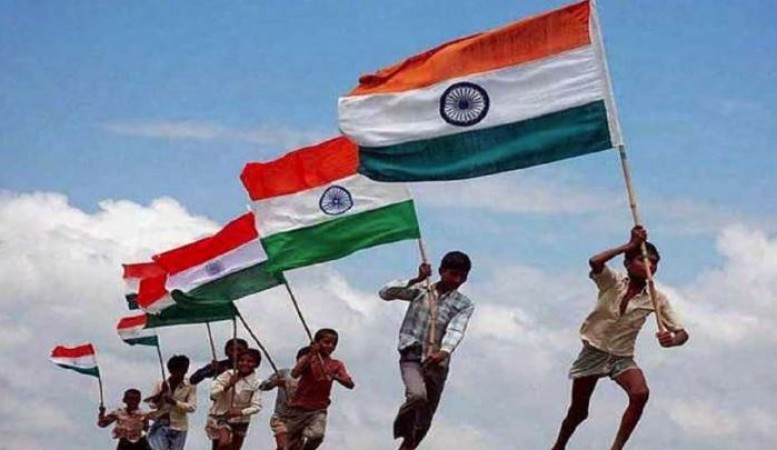
As the nation gears up to celebrate its 77th Independence Day in 2023, it's an opportune moment to embark on a reflective journey through time and witness the profound changes that have shaped India since that historic day in 1947. From the shackles of colonial rule to a vibrant, diverse democracy, India's journey has been marked by remarkable transformations across various spheres of society. This article explores the sweeping changes that have unfolded over the past seven decades, illuminating the nation's progress, challenges, and the aspirations that continue to fuel its trajectory.
Socioeconomic Growth and Development:
Post-independence, India embarked on a path of economic growth and development. The Green Revolution revolutionized agriculture, bolstering food production and alleviating hunger. The IT boom transformed India into a global tech hub, propelling it towards becoming an information and technology powerhouse. The economy underwent liberalization, leading to increased foreign investment and an expanding middle class.
Educational Advancements and Innovation:
Education has been a cornerstone of India's progress. A surge in educational institutions and initiatives has fostered a more educated populace. The nation has become a leader in science, technology, and research, with institutions like ISRO and IITs gaining international recognition. Innovations in healthcare, space exploration, and renewable energy underscore India's commitment to shaping a sustainable future.
Cultural Diversity and Social Change:
India's rich cultural tapestry has witnessed a continuous interplay of tradition and modernity. While ancient customs and heritage endure, evolving social norms have brought about progressive changes. Women's empowerment, LGBTQ+ rights, and gender equality have gained traction, fostering a more inclusive society. Entertainment, literature, and art continue to reflect India's evolving identity on a global stage.
Democratic Vigilance and Governance:
India's robust democracy has been a testament to its commitment to upholding citizens' rights. Periodic elections and transitions of power have exemplified the strength of democratic institutions. Government initiatives like "Digital India" and "Swachh Bharat Abhiyan" highlight India's efforts towards transparency, governance, and social welfare.
Urbanization and Infrastructure:
Rapid urbanization has led to the growth of bustling metropolises and the modernization of infrastructure. Smart cities, improved transportation networks, and digital connectivity have become emblematic of India's urban development. However, challenges such as congestion, pollution, and equitable development persist.
Challenges and Aspirations:
Despite the significant strides, India faces enduring challenges. Income inequality, access to quality healthcare and education, environmental sustainability, and rural development remain focal points for progress. Additionally, cultural and regional diversity can be both a strength and a potential source of tension.
On this Independence Day, as we look back at India's evolution since 1947, we stand witness to an extraordinary journey of growth, transformation, and resilience. The changes that have unfolded have been both profound and multifaceted, shaping the nation's identity on the global stage. As India navigates the complex terrain of the 21st century, the spirit of unity, innovation, and inclusivity will undoubtedly guide its path forward, illuminating the way towards a brighter future for generations to come.
Unraveling the Legacy: Azad Hind Government's Recognition and the Quest for Freedom
Bhagat Singh's Vision for Today's India: Reflecting on Independence Day 2023
Unraveling the Enigma: Pakistan's Independence Day Debate